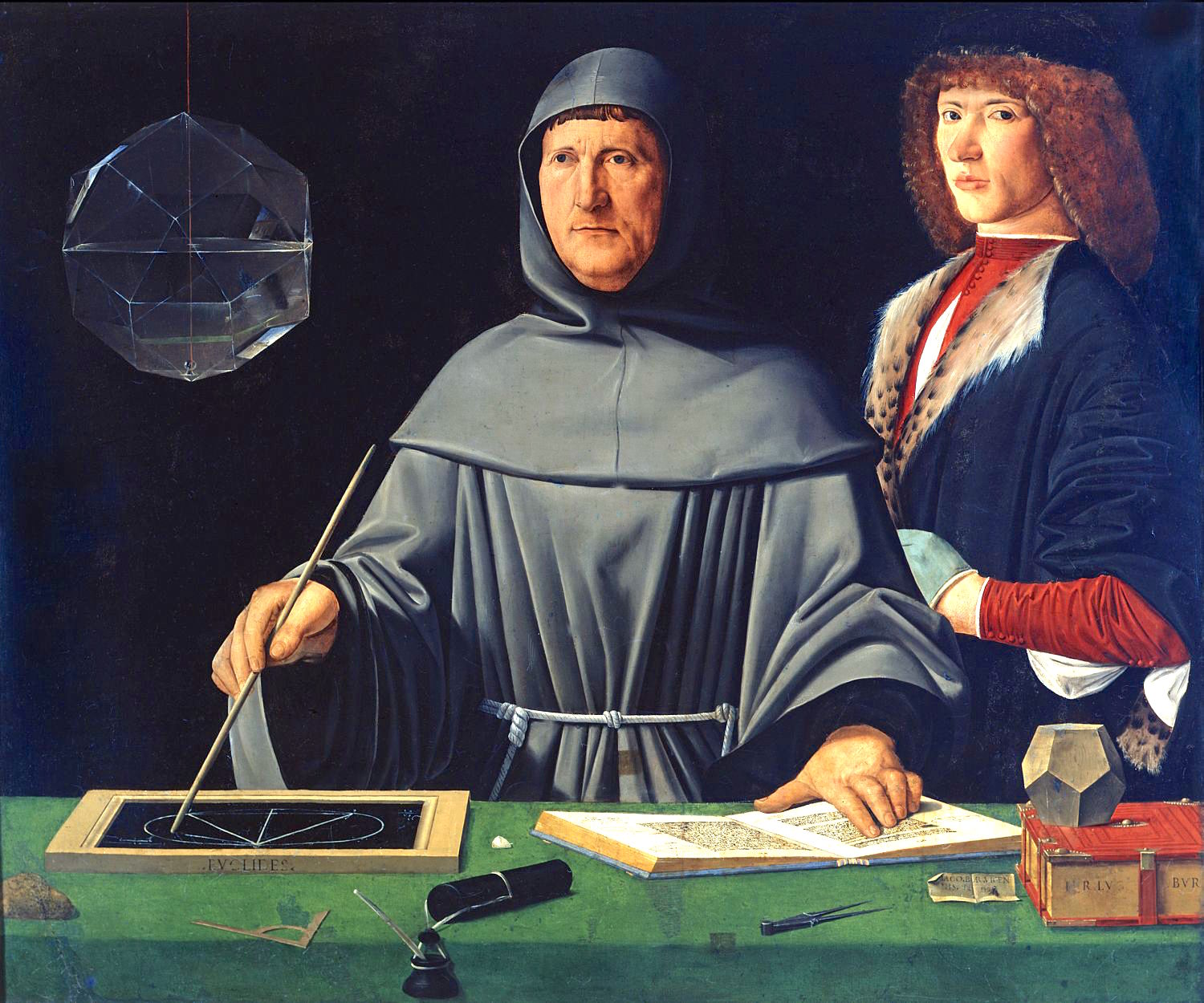When you think of bookkeeping, you probably think of receipts, tax returns, and filing deadlines. But the truth is, bookkeeping began centuries before any of those obligations existed – and for a much more practical reason.
In 1494, an Italian mathematician and Franciscan friar named Luca Pacioli published a book called Summa de Arithmetica. Tucked inside was a description of a system that would shape business forever: double-entry bookkeeping.
Pacioli wasn’t responding to tax authorities. There were no VAT returns, no annual filings, and no statutory penalties. He was writing for the merchants of Venice and Florence, who were running trading ventures more complex than anything the world had seen. They needed a way to know whether their businesses were actually profitable – or just looked busy.
His system did something revolutionary: it recorded every transaction twice – once as a debit and once as a credit – so errors were obvious, and the real financial picture emerged. For merchants funding ships, extending credit, and paying interest across continents, this clarity could mean the difference between fortune and ruin.
In other words, bookkeeping wasn’t invented to satisfy regulators. It was invented to answer one essential question: Are we really making money?
More than 500 years later, that question still matters.
In my next post, I’ll explore why the same principles that guided Pacioli’s merchants are just as important for today’s businesses – even if you never had to file a single tax return.
